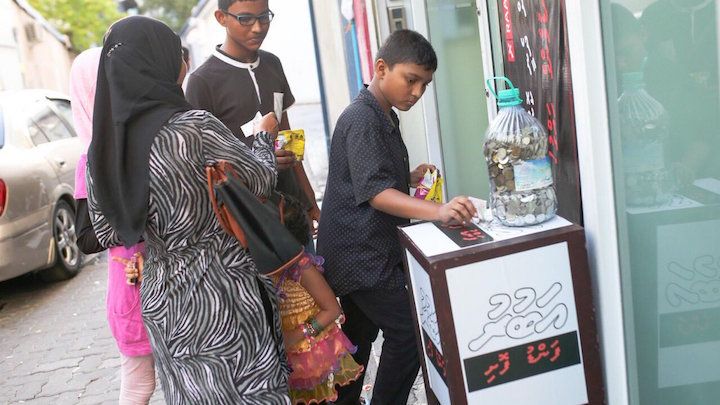Raajje TV sets up ‘defamation fund’ after hefty fines
The hefty fines were the first punitive action taken under the controversial 2016 defamation law. Failure to pay the fines within 30 days could result in the closure of the station and a jail term of up to six months for the former Raajje TV journalist.

12 Mar 2017, 09:00
Raajje TV has set up a “defamation fund” after the broadcasting regulator slapped an MVR200,000 (US$13,000) fine on the opposition-aligned station and an MVR50,000 (US$3,200) fine on a journalist last week.
Simana Ismail, Raajje TV’s development manager, told the Maldives Independent that the station launched the fundraising drive because it is unable to pay the fines.
“We are a stand-alone station. We run with the help of sponsors. After expenses, we do not have much and not nearly enough to pay the fines. So we needed some extra help,” she said.
The hefty fines were the first punitive action taken under the controversial 2016 defamation law. Failure to pay the fines within 30 days could result in the closure of the station and a jail term of up to six months for the former Raajje TV journalist Aala Ibrahim.
Become a member
Get full access to our archive and personalise your experience.
Already a member?
Discussion
No comments yet. Be the first to share your thoughts!
No comments yet. Be the first to join the conversation!
Join the Conversation
Sign in to share your thoughts under an alias and take part in the discussion. Independent journalism thrives on open, respectful debate — your voice matters.




